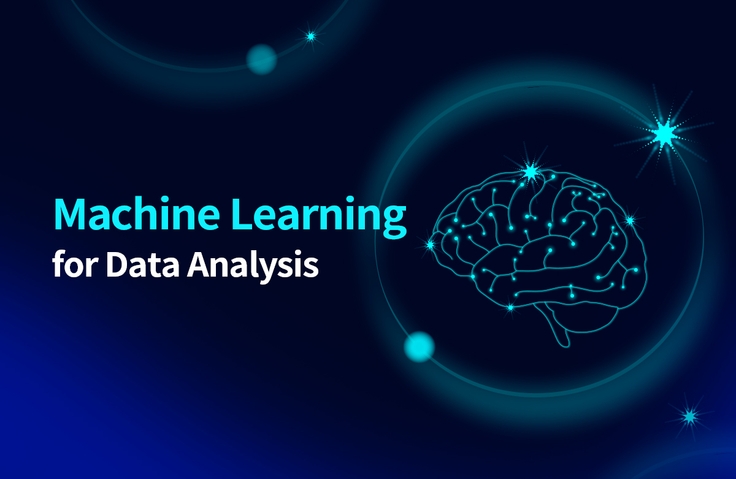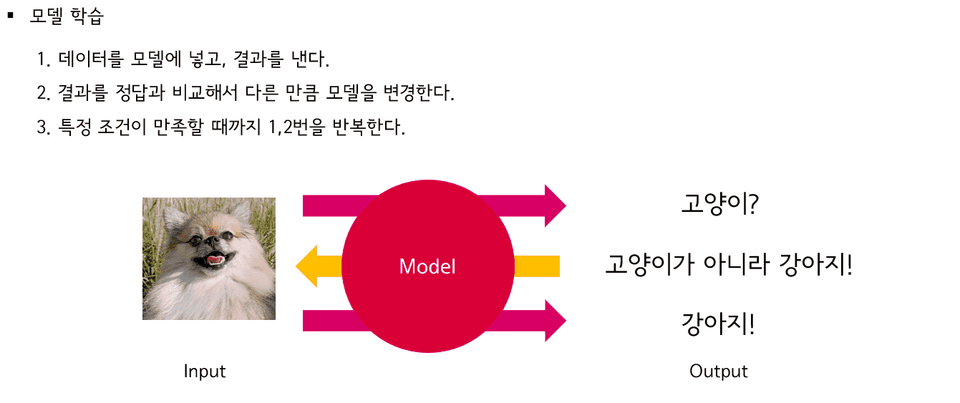![[PyTorch] Learn Deep Learning Easily and Quickly講義サムネイル](https://cdn.inflearn.com/public/courses/324742/course_cover/96781b94-7bae-47f8-ab6f-42821f26f042/coco-pytorch.png?w=420)
[PyTorch] Learn Deep Learning Easily and Quickly
coco
Learn MLP, CNN, and RNN, the basic framework of deep learning, quickly and easily.
中級以上
Deep Learning(DL), Artificial Neural Network, PyTorch
Theory and practice are different. We will understand the basic concepts of machine learning and introduce the core concepts and theories of various models that you must know. And we will share various techniques and know-how that are helpful in practice while handling various data.

Basic concepts of machine learning and artificial intelligence
Linear Regression Analysis
Key concepts of machine learning models you need to know
Techniques for solving class imbalance problems
Concepts and Theories of Cluster Analysis
How to properly analyze data
The first step for beginner data scientists!
Want to learn the fundamental core concepts of machine learning and artificial intelligence? This course introduces the core concepts and theories essential to becoming a data scientist, as well as various practical techniques .


Therefore, this course focuses on core concepts rather than mathematical explanations, making it easy for beginners to understand. Furthermore, we share practical data handling challenges, along with various methods and know-how for resolving them.

Machine learning models
Core concepts and theories
Anyone who wants to know

As a data scientist
Growing fast
Anyone who wants to

What is needed in practice
Machine learning techniques and know-how
Those who want to learn
The course is structured so that, upon completing the course , you'll be able to properly analyze data as a data scientist . Furthermore, you'll be able to design appropriate experiments tailored to your data domain, select variables, and model to enhance model performance.
Q. Do I need a lot of mathematical knowledge to take the course?
Undergraduate level statistics is required, but prior knowledge is not required.
Q. Do I need to know how to handle R?
Yes, the course is conducted on the assumption that you have some knowledge of R or Python. Below
Building the Basics of R Programming
New to data analysis and R programming? Free course

From experience
Core know-how
transmission

vividly
Learning
Live Coding

various
With data
Real-life sense Up
Our training goes beyond simply teaching machine learning theories and applying them to data. Drawing on our experience in seven big data competitions (7 finalists, 5 winners) and various projects, we strive to provide you with the best know-how for effective data analysis.
To demonstrate my data analysis process, most of the exercises are conducted through live coding. I demonstrate in detail how to search and apply concepts when faced with a problem during the coding process. I also share problems encountered while handling data and the methods I use to resolve them.
We'll cover a variety of data. This includes the Boston House housing price prediction data, a widely used example, simulation data with strong multicollinearity, positive/negative movie review predictions (in Korean), villa rental price prediction data in Seoul, and the Kaggle Otto data, allowing you to gain practical experience.
We'll cover what machine learning is and what it can do. We'll also explain the differences between machine learning and deep learning, and briefly introduce various machine learning and deep learning models. We'll also discuss the overfitting phenomenon, a common problem in both machine learning and deep learning.



When learning machine learning, the first model you learn is always the linear regression model. While it's a simple and easy model, it tends to be underused due to its poor performance. However, linear regression models are widely used in industry and are a powerful tool for linear regression problems. We'll focus on the most fundamental theories and concepts.

This course covers essential machine learning models. Rather than focusing on mathematical details, the lecture focuses on concepts for easy understanding. Less commonly used models like decision trees and kNN, while not commonly used as standalone models, are widely utilized in other fields and models. Therefore, they should never be neglected. You'll learn the concepts and applications of various models, and we'll also introduce ShapValue, a model gaining traction as an example of eXplainable AI.


Class imbalance issues occur more frequently in a variety of fields than you might think, causing a variety of problems. A prime example is the deterioration of prediction performance due to models learning biased toward multiple classes. This article introduces various techniques (re-sampling methods) to address this issue.

Data analysis isn't simply about reading data and fitting a model. It involves basic data preprocessing, generating key derived variables to predict Y values, and implementing appropriate experimental design. We'll teach you how to design experiments for various situations and the essential knowledge you need as a data scientist.


"There's a significant gap between the theory and practice of machine learning. The world is filled with diverse domains and data, and analyzing data requires more than simply training a model. Appropriate experimental design tailored to the domain, the creation of derivative variables to enhance model performance, and model selection based on the analysis objective are essential.
This course explains the concepts and core principles of data science and artificial intelligence in a simple, accessible manner, while also providing practical tips and know-how. I hope this course will help you improve your skills and sharpen your understanding of data analysis.
Who is this course right for?
Anyone who wants to know the core concepts and theories of machine learning models
Anyone who wants to grow quickly as a data scientist
Need to know before starting?
Statistics at undergraduate level
R Programming Basics
8,338
Learners
505
Reviews
136
Answers
4.4
Rating
20
Courses
학부에서는 통계학을 전공하고 산업공학(인공지능) 박사를 받고 여전히 공부중인 백수입니다.
수상
ㆍ 제6회 빅콘테스트 게임유저이탈 알고리즘 개발 / 엔씨소프트상(2018)
ㆍ 제5회 빅콘테스트 대출 연체자 예측 알고리즘개발 / 한국정보통신진흥협회장상(2017)
ㆍ 2016 날씨 빅데이터 콘테스트/ 기상산업 진흥원장상(2016)
ㆍ 제4회 빅콘테스트 보험사기 예측 알고리즘 개발 / 본선진출(2016)
ㆍ 제3회 빅콘테스트 야구 경기 예측 알고리즘 개발 / 미래창조과학부 장관상(2015)
* blog : https://bluediary8.tistory.com
주로 연구하는 분야는 데이터 사이언스, 강화학습, 딥러닝 입니다.
크롤링과 텍스트마이닝은 현재는 취미로 하고있습니다 :)
크롤링을 이용해서 인기있는 커뮤니티 글만 수집해서 보여주는 마롱이라는 앱을 개발하였고
전국의 맛집리스트와 블로그를 수집해서 맛집 추천 앱도 만들었었죠 :) (시원하게 말아먹..)
지금은 인공지능을 연구하는 박사과정생입니다.
All
71 lectures ∙ (14hr 31min)
Course Materials:
All
29 reviews
4.8
29 reviews
Reviews 4
∙
Average Rating 4.8
Reviews 5
∙
Average Rating 5.0
Reviews 5
∙
Average Rating 5.0
Reviews 6
∙
Average Rating 4.5
Reviews 2
∙
Average Rating 5.0
$66.00
Check out other courses by the instructor!
Explore other courses in the same field!